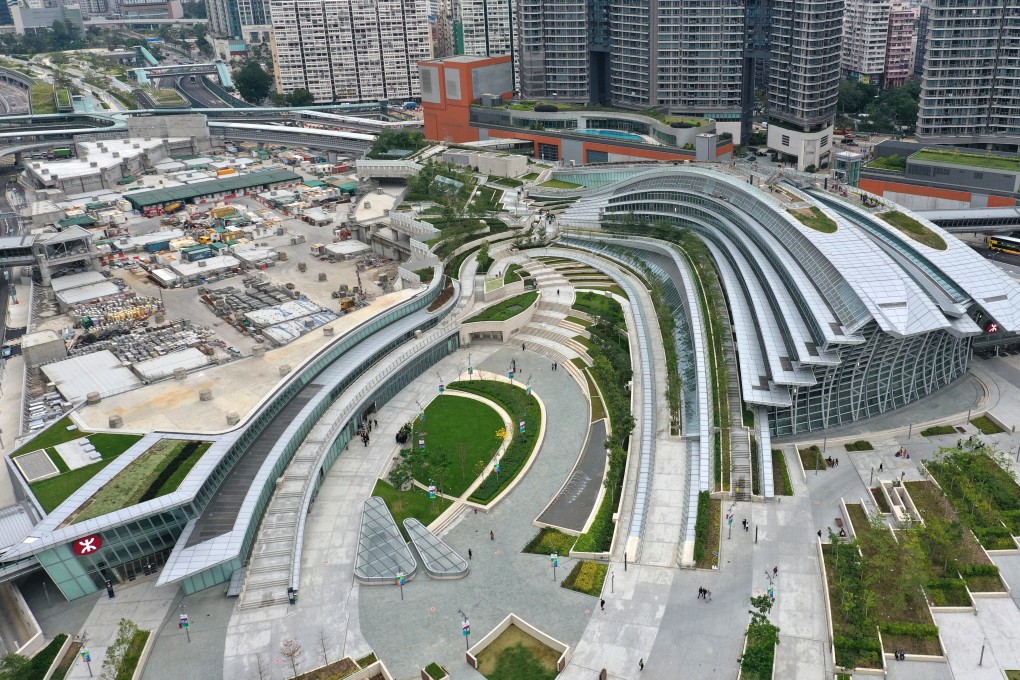Editorial | Big business still has faith in Hong Kong
- Despite the anti-government protests, Sun Hung Kai Properties has paid a record HK$42.23 billion for a plot of land and tech giant Alibaba, with a market capitalisation of HK$4 trillion, has listed on the local stock exchange
- Whatever may be happening on the streets, it’s too early to write off Hong Kong

Baron Rothschild, the 18th century British nobleman and banker, famously said that “the time to buy is when there’s blood in the streets”. Sun Hung Kai Properties seems to have taken the advice to heart with its purchase of the biggest parcel of commercial land ever sold by the government for a record HK$42.23 billion (US$5.4 billion).
Despite the price, it’s an excellent deal with tremendous long-term investment potential. It was priced at the low end of a valuation range of between HK$41.1 billion and HK$63 billion, or between HK$13,000 and HK$20,000 per square foot. Atop the West Kowloon high-speed rail station, the prime commercial site has a gross floor area of 3.17 million sq ft for retail, office and hotel and is about 12 per cent larger than the nearby International Commerce Centre, Hong Kong’s tallest skyscraper, also developed by the property giant.
The local grade A office market has been in the doldrums since June, thanks to the unrelenting social unrest and protests against the government, and the US-China trade war. Paradoxically, while many social critics blame inadequate housing and unaffordable homes as contributing factors to the city’s worst political crisis in decades, Hong Kong’s largest developer by market capitalisation could not have secured the prime location at such a reasonable price without downbeat market sentiment. Perhaps the so-called “revolution of our time”, despite its activists’ glorification, is another instance of the rich getting richer and the poor getting poorer.
Alibaba, which also owns the Post, was first listed in New York in 2014. But after changes in local listing rules to allow for dual-class shares, it has decided to “come home”. Its successful secondary listing will most likely attract other overseas-listed mainland firms to follow, thereby boosting Hong Kong’s equities market. Whatever may be happening on the streets, it’s too early to write off Hong Kong.
